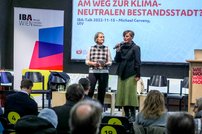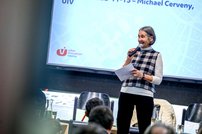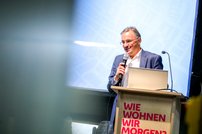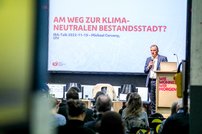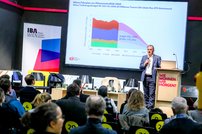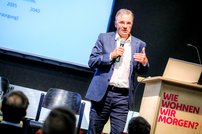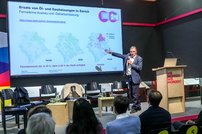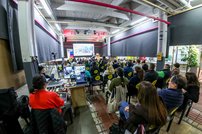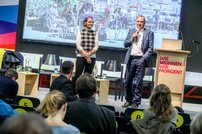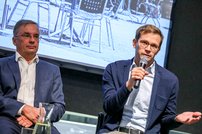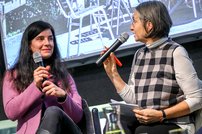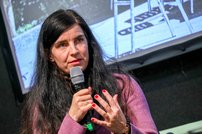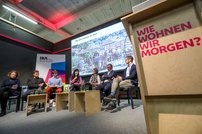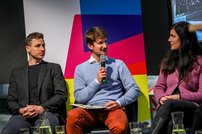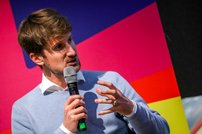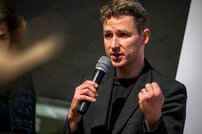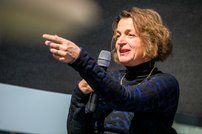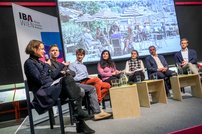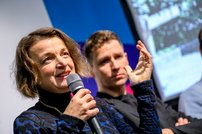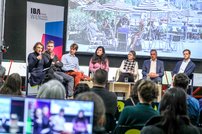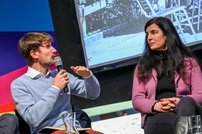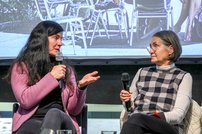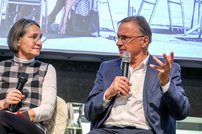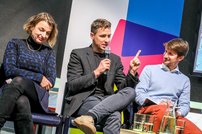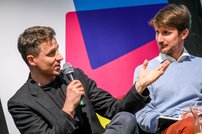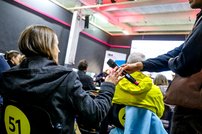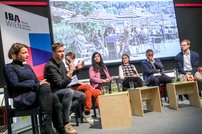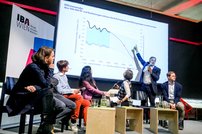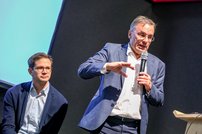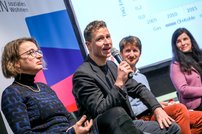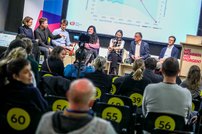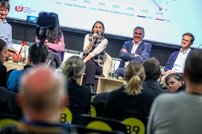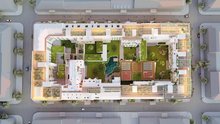Cross-property refurbishment: From Smart Block towards an climate-neutral city?: IBA Talk
2022
IBA-Talk
The networking of properties in a Gründerzeit block as well as their residents and owners represents a pioneering approach to the scarce resources in the Gründerzeit city and provides new impulses in the development of the stock and neighborly coexistence. The examination of the existing structural substance often opens up unexpected scope for socially sustainable neighborhood development. For example, the characteristic green spaces in large housing estates of post-war modernism can also become new spaces of opportunity: Targeted interventions in the existing ensemble allow current needs of different groups of residents to be met, possible deficits to be remedied with the changing times, and new neighborhood networks to be activated. What spatial, structural, legal and social potential still exists to make the Gründerzeit fit for the future and livable for all? Who are the important actors and how can new neighborhoods and the existing city be thought together?
Program
Lecture:
Michael Cerveny, UIV
On the podium:
From Smart Block to climate-neutral existing city?
Michael Cerveny, UIV | Julia Girardi, Wiener Wohnen | Stephan Hartmann, MA 25 | Florian Niedworok, Pocket Mannerhatten (requested) | Jutta Woertl-Goessler, Smart Block Geblergasse | Stefan Sattler, MA20
Moderation: Andrea Breitfuss, kon-text
Photos
Videos
LIEGENSCHAFTSÜBERGREIFENDE BESTANDSSANIERUNG: VOM SMART BLOCK ZUR KLIMANEUTRALEN BESTANDSSTADT?
